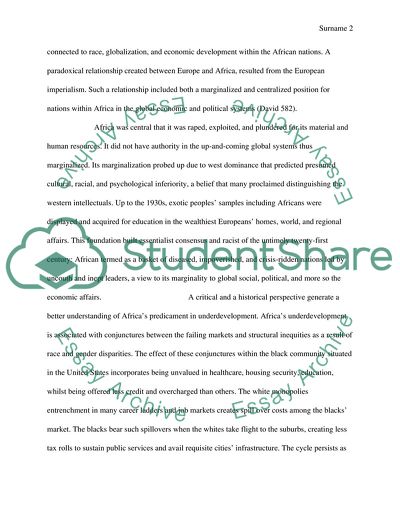Cite this document
(Economics of Race, Gender and Globalization Term Paper - 1, n.d.)
Economics of Race, Gender and Globalization Term Paper - 1. Retrieved from https://studentshare.org/social-science/1770517-term-paper
Economics of Race, Gender and Globalization Term Paper - 1. Retrieved from https://studentshare.org/social-science/1770517-term-paper
(Economics of Race, Gender and Globalization Term Paper - 1)
Economics of Race, Gender and Globalization Term Paper - 1. https://studentshare.org/social-science/1770517-term-paper.
Economics of Race, Gender and Globalization Term Paper - 1. https://studentshare.org/social-science/1770517-term-paper.
“Economics of Race, Gender and Globalization Term Paper - 1”, n.d. https://studentshare.org/social-science/1770517-term-paper.


